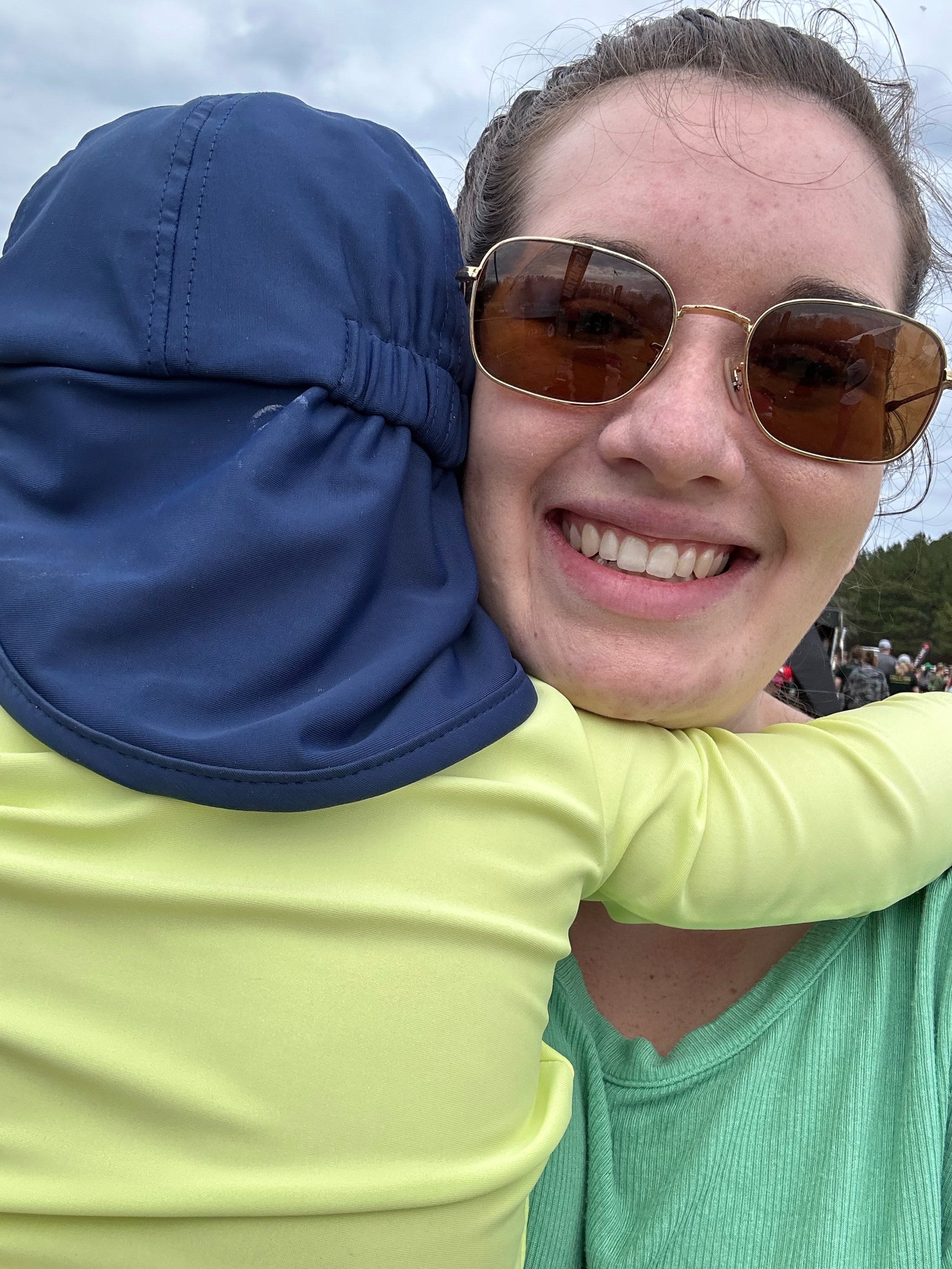Big H And Little H of Military life
I've recently learned about the concept of big T versus little t in terms of trauma. Big T trauma is often what we typically think of. It's usually a single incident that results in acute psychological trauma. Little t trauma tends to refer to events that typically don't involve violence or disaster but do create significant distress. Examples of big T trauma would be things like sexual violence, witnessing a death, or surviving a natural disaster. In contrast, examples of little t trauma would be more like emotional abuse, divorce, or non-life-threatening injuries.
Both are completely valid experiences, and we should not compare or minimize our traumas because of what another person has gone through. I don't want to talk about trauma today, and I highly recommend seeing a licensed counselor if that is a conversation you want or need to have. But I think the concept of big versus little applies well to military life.
We have the big things that happen. Let's call them big H for hard. These would be things like a deployment or PCS. It would be something long-term that is incredibly hard to deal with. No matter how many deployments someone has gone through, the next one is always hard. And no matter how much someone hates their current duty stations, it is still incredibly difficult to uproot the life they've built and start from scratch somewhere new.
We also have the little h things. We encounter these things even more frequently in military life. These are things like having to change our car registration to Georgia and being told we must get a new license first (if you read my post on Wednesday). It's things like being told our spouse will deploy on Tuesday, no Friday, no next Tuesday, only to end with the deployment being canceled. As thrilled as we are that they don't leave, we still go through the emotional rollercoaster of saying goodbye, then not, then planning to say goodbye again.
There is much more grace and support for the big H things we encounter in military life. The chaplain's group on many bases does dinners every so often for families with deployed spouses. Friends show up with care packages when we need them most. People reach out to see how they can help. And we tend to give ourselves more grace and allow ourselves to accept more support during these times.
The same isn't always true when we go through the little h things in military life. We often try to brush them off as minor annoyances, but we don't realize how much those things build up in our lives. We think it's not a big deal until we find ourselves crying in the Commissioner's office after trying to get a new license plate. There's a sense with the little stuff that people will figure it out because it's not necessarily that hard. And there's also a sense that we aren't going to give ourselves grace and support because it shouldn't be that big of a deal.
And on its own, none of these things are a big deal. On any given Wednesday, a trip to the Commissioner's office to handle something would have been annoying but not a big deal. It's the fact that I did this on top of switching our car insurance, finding the best rates, establishing coverage on the correct day so that we were never without, making sure we got reimbursed for the dual coverage, finding and filling out the proper paperwork, driving thirty minutes knowing I'll likely sit in a waiting room for 2 hours, all to be told there's another step that has to happen first. And it's like that with every piece of a PCS.
People see the big H of a PCS and offer help that we either accept or decline. But often, they don't do the same for the little h. And more often than not, we don't even see the little h until we are surrounded on all fronts. I think little h things do their best to be spaced just far enough apart that we don't think about them. All the while, they slowly increase our stress level to the point where even the small things we are used to stepping over regularly become giant mountains in front of us. It's easy to feel like we are overreacting because we haven't fully connected the dots on everything that has happened over the last week, month, and year.
I wanted to share this idea for a few reasons. First, it's always better to be aware of problems before they happen, so sharing the good, bad, and ugly of military life helps others prepare for the things that may come their way. Second, if and when these problems arise, we know that we aren't alone. It's always easier to get through something if we know that we aren't the only person in the world who has ever felt this way about this thing. And third, hopefully, by knowing that we aren't alone and others have felt the same, we can cut ourselves some slack. We need to open ourselves up to receive support. We need to let ourselves have a bad day, and while we don't need to wallow in it, we also don't need to avoid it. Knowledge is power if we use it well, and I hope that by identifying the big H and little h in our lives, we can find better ways to support one another and thrive together.

